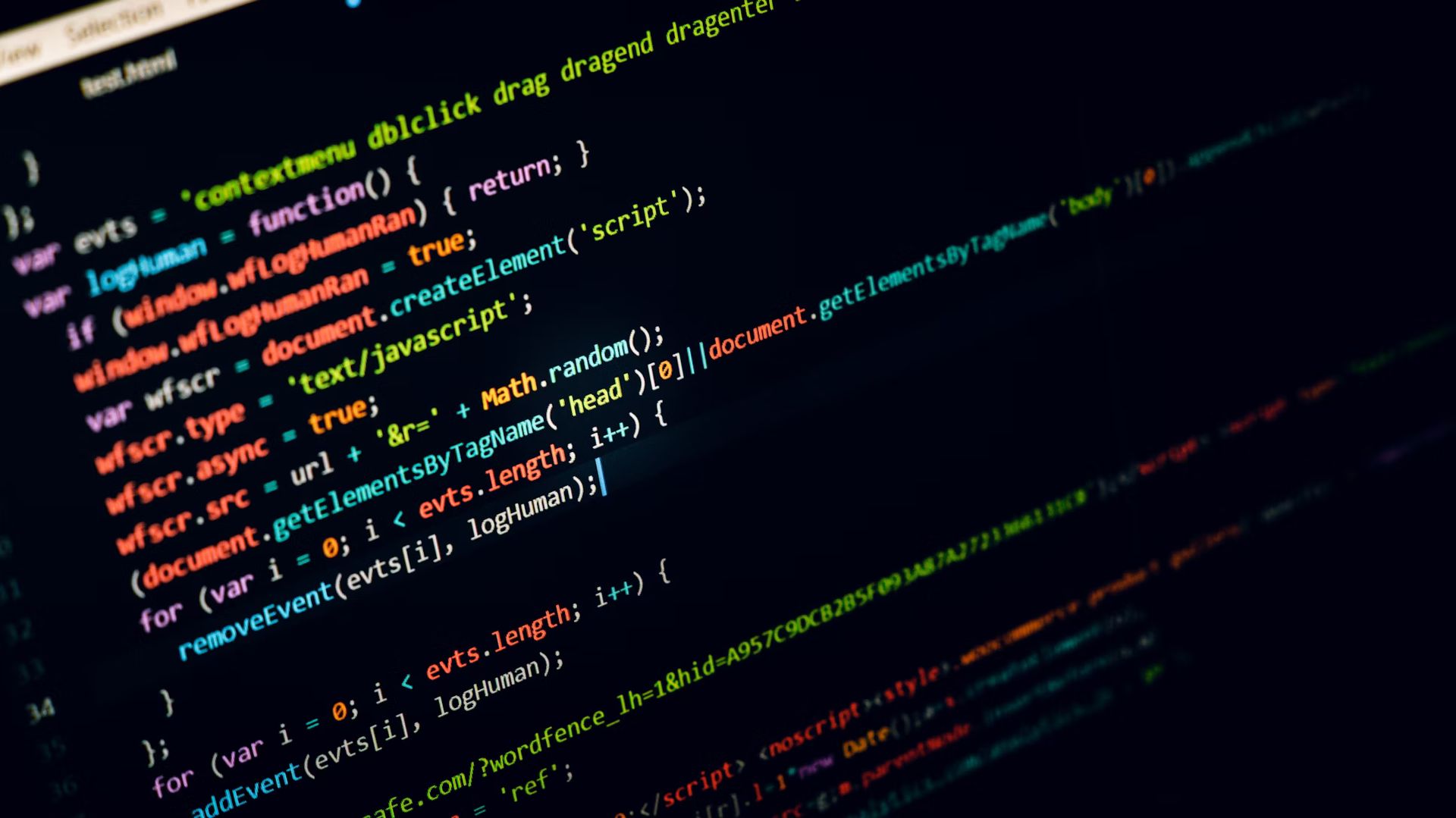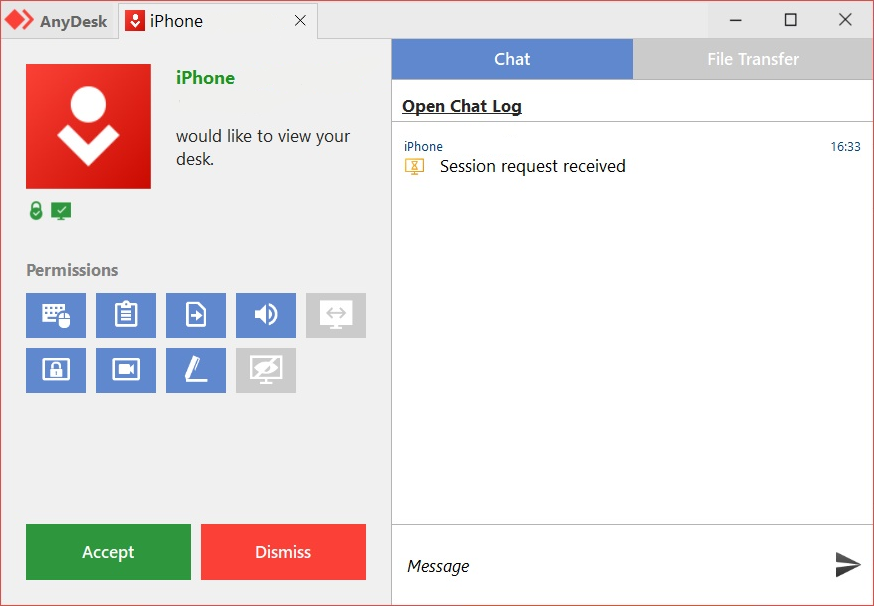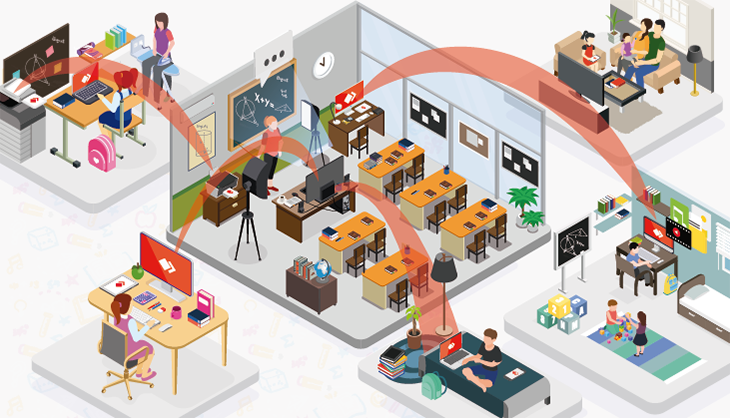In today’s digital landscape, where remote work and collaboration have become the norm, the need for secure remote access solutions has never been more critical. AnyDesk, a leading remote desktop software, has emerged as a popular choice for both individual and enterprise users due to its robust set of security features and the protection it offers for sensitive data. In this comprehensive guide, we will explore the various measures and best practices that can help you leverage AnyDesk to securely access your systems and safeguard your valuable information.
Strong Authentication and Access Control
One of the fundamental pillars of secure remote access is robust authentication and access control. AnyDesk offers a range of features to ensure that only authorized users can gain access to your systems:
- Two-Factor Authentication (2FA): AnyDesk’s two-factor authentication feature adds an extra layer of security by requiring users to provide a secondary verification code in addition to their login credentials. This effectively prevents unauthorized access, even if an attacker manages to obtain the user’s password.
- Granular Permissions and Access Controls: AnyDesk allows you to granularly manage access permissions for individual users or groups, enabling you to control the actions they can perform on the remote system. This includes the ability to restrict file transfers, clipboard sharing, remote printing, and other sensitive operations.
- Secure Session Establishment: AnyDesk employs advanced encryption protocols, such as TLS 1.2 and later, to establish secure connections between the remote client and the host device. This ensures that all data transmitted during the remote session is encrypted and protected from eavesdropping.
- AnyDesk ID Management: The AnyDesk ID is the unique identifier used to establish remote connections. Maintaining the confidentiality and security of your AnyDesk ID is crucial, as it serves as the primary access point to your remote systems.
- Session Monitoring and Logging: AnyDesk offers comprehensive session monitoring and logging capabilities, allowing you to track and review all remote activities for audit, compliance, and troubleshooting purposes.
By leveraging these authentication and access control features, you can effectively mitigate the risk of unauthorized access and ensure that only trusted users can interact with your remote systems.
Secure Data Handling and Transmission
Protecting the confidentiality and integrity of sensitive data is a critical aspect of secure remote access. AnyDesk provides a range of features and best practices to safeguard your data during remote sessions:
- Encryption of Data Transmission: AnyDesk employs robust encryption algorithms, such as AES-256, to secure all data transmitted during the remote connection, including screen images, file transfers, and clipboard sharing.
- Secure File Transfer: When transferring files between the remote client and the host device, AnyDesk ensures that the file transfer process is encrypted and protected from unauthorized access or tampering.
- Clipboard Sharing Control: AnyDesk allows you to control and monitor the clipboard sharing between the remote client and the host device, ensuring that sensitive information is not inadvertently shared or exposed.
- Remote Printing Security: When using the remote printing feature, AnyDesk provides the ability to restrict the types of documents that can be printed, preventing the potential leakage of sensitive information.
- Remote Session Termination: AnyDesk offers the option to automatically terminate remote sessions after a specified period of inactivity or upon user command, reducing the risk of unauthorized access or data exposure.
- Data Backup and Recovery: Implementing robust backup and recovery strategies for your remote systems can help you protect against data loss and ensure business continuity in the event of a security breach or other unforeseen incidents.
By adhering to these secure data handling and transmission practices, you can effectively safeguard your sensitive information and mitigate the risks associated with remote access.
Compliance and Regulatory Considerations
In many industries, compliance with various regulations and standards is a critical requirement for secure remote access solutions. AnyDesk offers features and capabilities that can help organizations meet regulatory and compliance obligations:
- Data Localization and Residency: AnyDesk allows you to specify the geographic location where your data is processed and stored, enabling compliance with data localization laws and regulations.
- Access Logging and Audit Trails: The comprehensive session logging and audit trail capabilities of AnyDesk can help organizations demonstrate compliance with regulatory requirements, such as Access Control, Accountability, and Audit standards.
- Industry-Specific Certifications: AnyDesk has obtained various industry-specific certifications and compliance standards, including HIPAA, GDPR, and ISO 27001, assuring customers that the software meets the necessary security and privacy requirements for their respective industries.
- Custom Branding and Whitelabeling: AnyDesk offers the ability to customize the user interface and branding of the remote access solution, allowing organizations to seamlessly integrate it into their existing IT infrastructure and maintain a consistent user experience.
- Centralized Management and Reporting: AnyDesk’s centralized management and reporting features enable organizations to monitor and control remote access activities across their entire user base, facilitating compliance and security audits.
- Integration with Identity Management Systems: AnyDesk can be integrated with existing identity management systems, such as Active Directory and single sign-on (SSO) solutions, to streamline user authentication and access control processes.
By leveraging these compliance-focused features and adhering to industry-standard best practices, organizations can effectively demonstrate their commitment to data privacy and security, ensuring that their remote access solutions meet the necessary regulatory requirements.
Secure Remote Access Policies and Best Practices
To maximize the security and effectiveness of your remote access solution, it is crucial to establish and enforce comprehensive security policies and best practices. Here are some key considerations:
- Clearly Defined Access Policies: Establish clear and concise access policies that define who can access your remote systems, what actions they can perform, and under what circumstances.
- Regular Security Audits: Conduct periodic security audits to assess the effectiveness of your remote access controls, identify potential vulnerabilities, and implement necessary improvements.
- Employee Training and Awareness: Implement comprehensive training programs to educate your employees on secure remote access practices, including password management, two-factor authentication, and recognizing phishing attempts.
- Device and Software Management: Ensure that all remote access devices and the AnyDesk software are kept up-to-date with the latest security patches and updates to mitigate known vulnerabilities.
- Incident Response and Disaster Recovery: Develop and regularly test your incident response and disaster recovery plans, ensuring that your organization is prepared to respond effectively to security incidents or other disruptive events.
- Continuous Monitoring and Logging: Implement robust logging and monitoring mechanisms to detect and respond to suspicious activities or potential security breaches in a timely manner.
- Remote Access Restrictions: Consider implementing additional restrictions on remote access, such as limiting access to specific IP addresses, restricting access during certain time periods, or requiring additional approval for sensitive operations.
By adopting these secure remote access policies and best practices, you can enhance the overall security posture of your organization, minimize the risk of data breaches, and ensure that your remote access solutions are aligned with your comprehensive security strategy.
Conclusion
In today’s dynamic business landscape, where remote work and collaboration are increasingly the norm, secure remote access solutions like AnyDesk have become essential for organizations of all sizes. By leveraging AnyDesk’s robust security features and best practices, you can effectively protect your sensitive data, ensure compliance with regulatory standards, and maintain the integrity of your remote access infrastructure. By staying vigilant, implementing comprehensive security policies, and regularly reviewing and updating your remote access practices, you can unlock the full potential of secure remote access and safeguard your organization’s most valuable assets.



